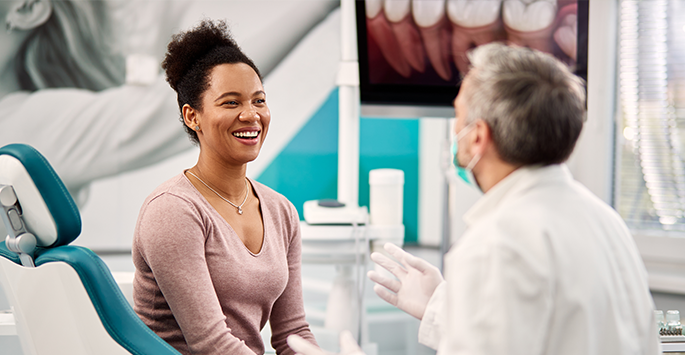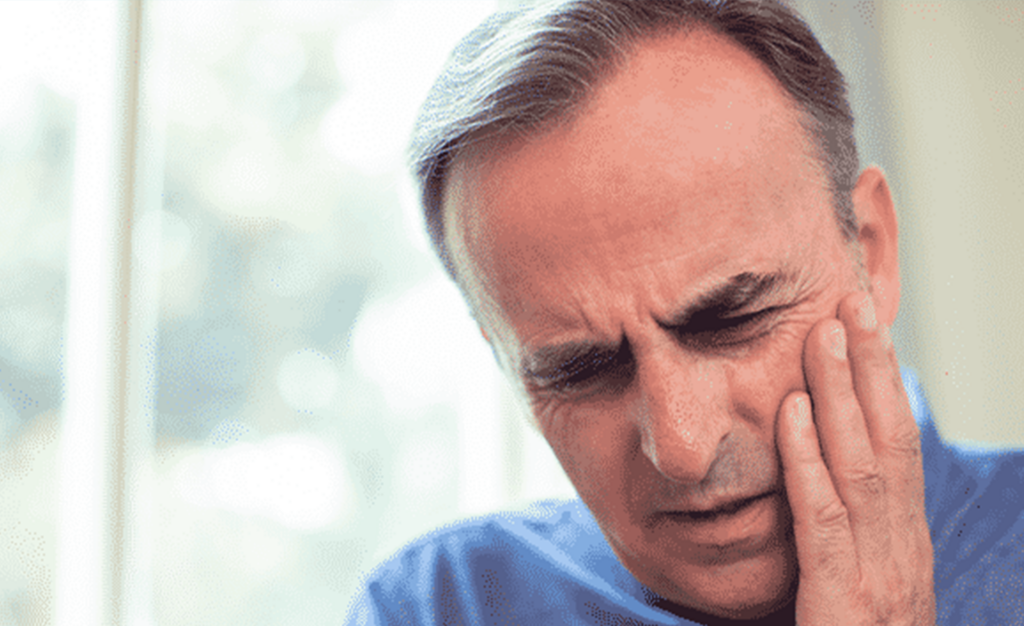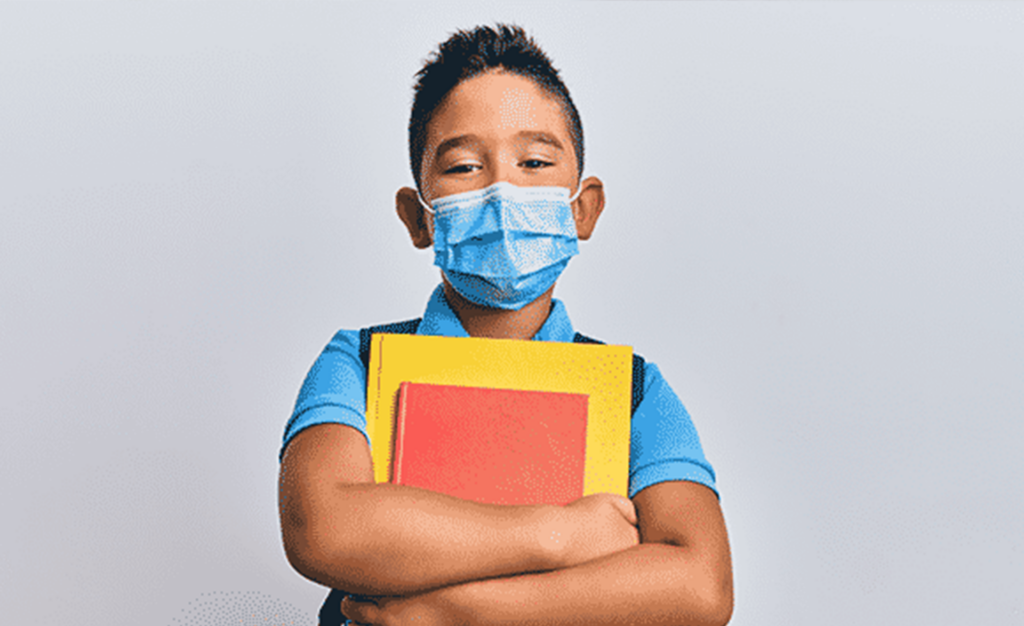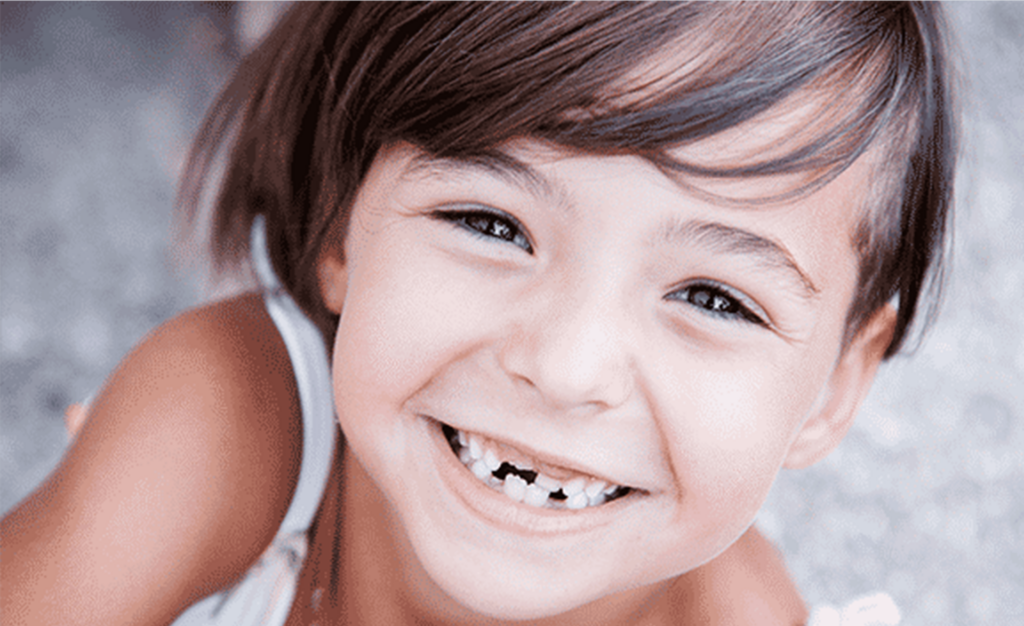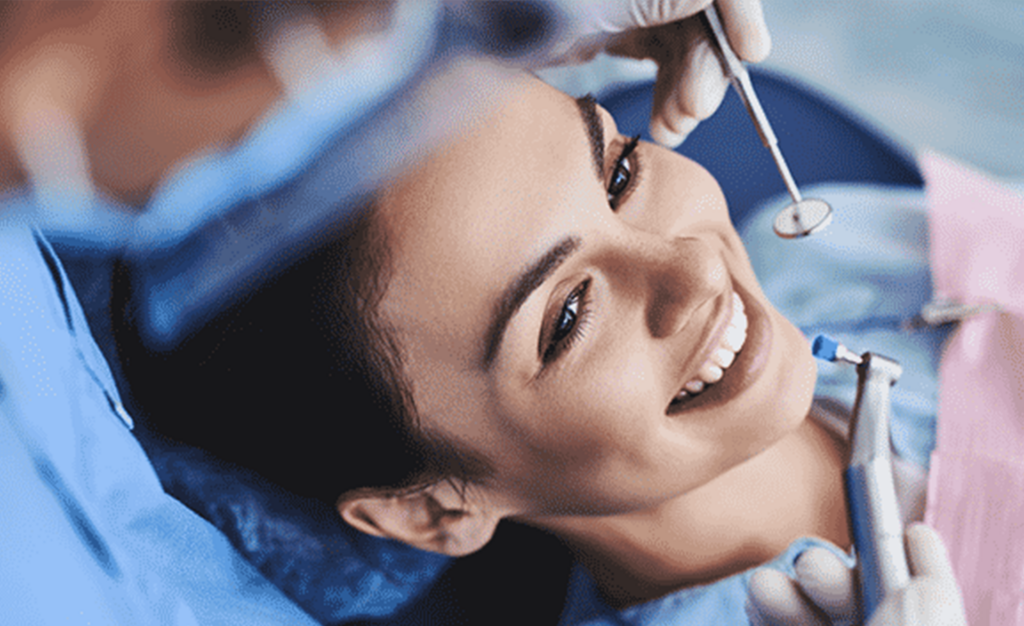
Having a proper diet is not only crucial to your general well-being but also your dental health.
The human body is an intricate machine that works best when provided with proper nutrition, and that includes your teeth and gums!
Did you know that certain minerals and vitamins can protect your teeth from gum disease and tooth decay while some foods may cause yellowing or discoloration of the teeth?
Keep reading to find out how diet influences oral health and what type of foods you should eat to maintain a healthy smile.
Starchy carbohydrates
One of the most prevalent oral health diseases caused by diet is tooth decay. According to Mayo Clinic, tooth decay occurs due to several reasons, including bacteria in your mouth, not cleaning your teeth well, frequent snacking, and eating processed and starchy food, such as white bread, crackers, and pasta.
Starchy carbs and sugars from food combine with bacteria in your mouth to form acid. This acid erodes your tooth enamel, causing cavities or holes in your teeth. If left untreated, cavities can cause bad breath, tooth pain, tooth abscess, to mention a few.
Eating calcium and phosphorus-rich foods can help remineralize and maintain healthy tooth enamel. In addition, opt for whole grains instead of starchy carbs, as the former are packed with antioxidants, vitamins, and minerals that are beneficial for your teeth.
Acidic and sugary foods
Acidic foods can cause cavities and other oral problems like canker sores. Foods high in acid include citrus fruits, such as lemons, grapefruit, and oranges. Though rich in antioxidants and vitamin C, they can erode the enamel of your teeth. So limit your teeth’s exposure to these foods.
In addition, foods that contain added sugar play a role in the development of cavities. Sugar interacts with the bacteria in the mouth to become acidic. Foods high in added sugar include cakes, sugary drinks, candy, and cookies.
Although raisins and other dried fruits are considered healthy, they can also contain high amounts of sugar. What’s more, dried fruits are sticky and might get stuck between your teeth and lead to build up of plaque.
Make sure you brush your teeth well and floss twice a day to keep your teeth clean and cavities away.
Snacking and dental health
It is best to avoid frequent snacking in between meals. Snacking usually becomes an oral problem if you consume unhealthy snacks, such as sugary drinks, candy, and chips. These are foods that are rich in unnecessary sugar. As we know, bacteria in your mouth feeds on the sugars in your diet to make acids that wear down the enamel (the outermost layer of the teeth). Snacking often increases the chances of formation of acids that can wear down the enamel repeatedly.
So, if you must have snacks, go for the nutritious ones, especially the ones that are less starchy and with less added sugar.
Drinks and beverages
The same rules apply to drinks and beverages as they do for solid foods. For example, lemonade, although a popular drink, is acidic and usually contains sugar. Another drink that is acidic and contains high amounts of sugar is soda.
So, what drinks can one classify as non-harmful? Always go for drinks that are low in added sugar and are non-acidic. Also, water with fluoride is highly recommended. Why? Water washes out food particles stuck between the teeth. Most importantly, it hydrates your mouth, producing saliva to neutralize bacteria and acids.
Foods for better dental health
Lean meats, nuts, cheese, and milk are all high in phosphorus and calcium, which are all essential for strong teeth and gums. People who cannot consume milk products due to lactose intolerance can opt for green vegetables such as spinach and broccoli, also high in calcium.
Other foods good for your oral health include crunchy and firm fruits and vegetables, such as carrots, pears, and apples. Eating such foods helps to create more saliva in the mouth. This aids in washing away food particles from the crevices in your gums, teeth, and tongue.
Vegetables and fruits are also high in water content. Usually, water neutralizes any sugars that can turn into acid, which damages your teeth.
Lastly, be careful of drinks such as coffee, tea, balsamic vinegar, fruit juices, beetroot, soy sauce, dark cola, red wine, and tomato-based sauces as they can stain your teeth. They contain pigments known as chromogens. Chromogens usually attach to and stain the enamel.
Summary: Reducing the risk of oral diseases caused by an unhealthy diet
- Brush your teeth twice a day to remove food particles and sugars from your mouth
- Keep added sugar in your meals to a minimum by making healthy food and beverage choices.
- Limit between-meal snacking
- Include dairy, water, and plenty of fruits and vegetables in your diet – they all play a significant role in your dental health.
Eating a healthy diet and regularly seeing the best dentist in Palo Alto, is a recipe for success!
Everything you eat, including your favorites, affects your teeth, which is why it’s crucial to visit one of the top Palo Alto dentists near you on a regular basis. Dentists are the only medical professionals who have the knowledge to address your dental health care needs.
Following a comprehensive oral examination, your dentist can recommend dietary changes to address any concerns. Schedule an appointment with your Palo Alto dentist today, and see the difference.
Article resources:
Information in this article has been gathered from multiple public health sources, including:
https://www.mayoclinic.org/
https://www.healthline.com/
https://www.mouthhealthy.org/
https://www.webmd.com/
https://www.healthline.com/




